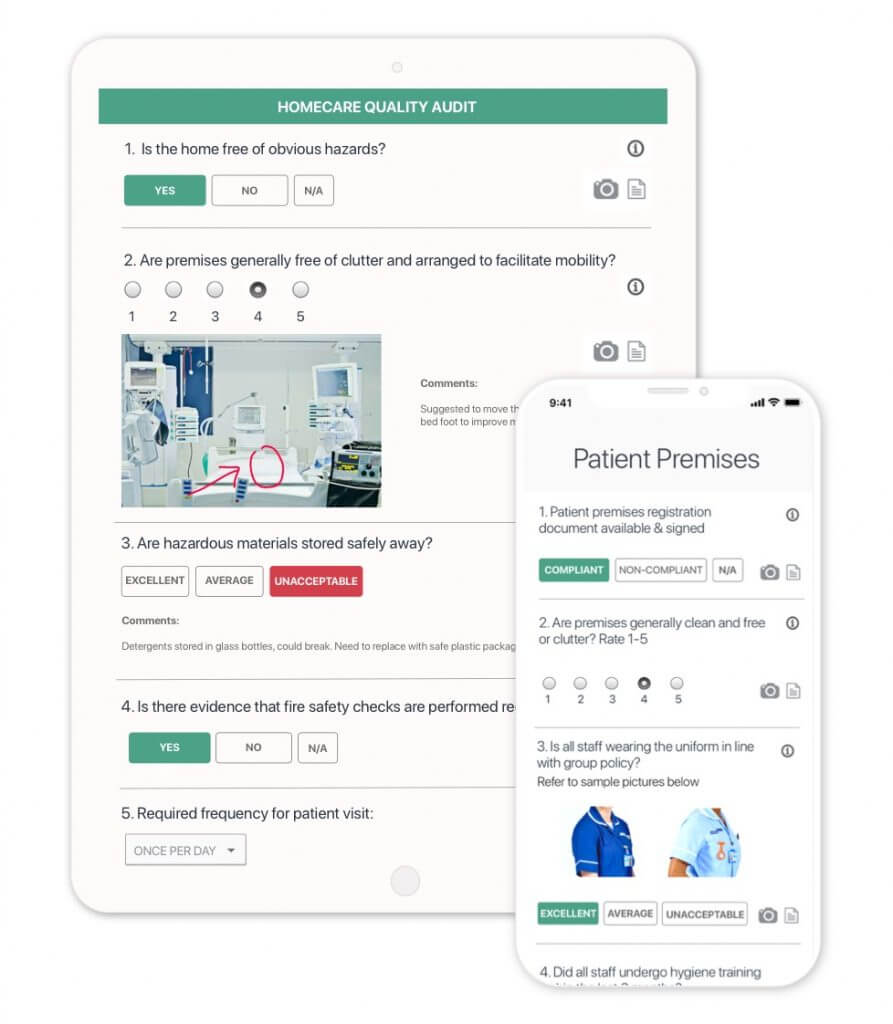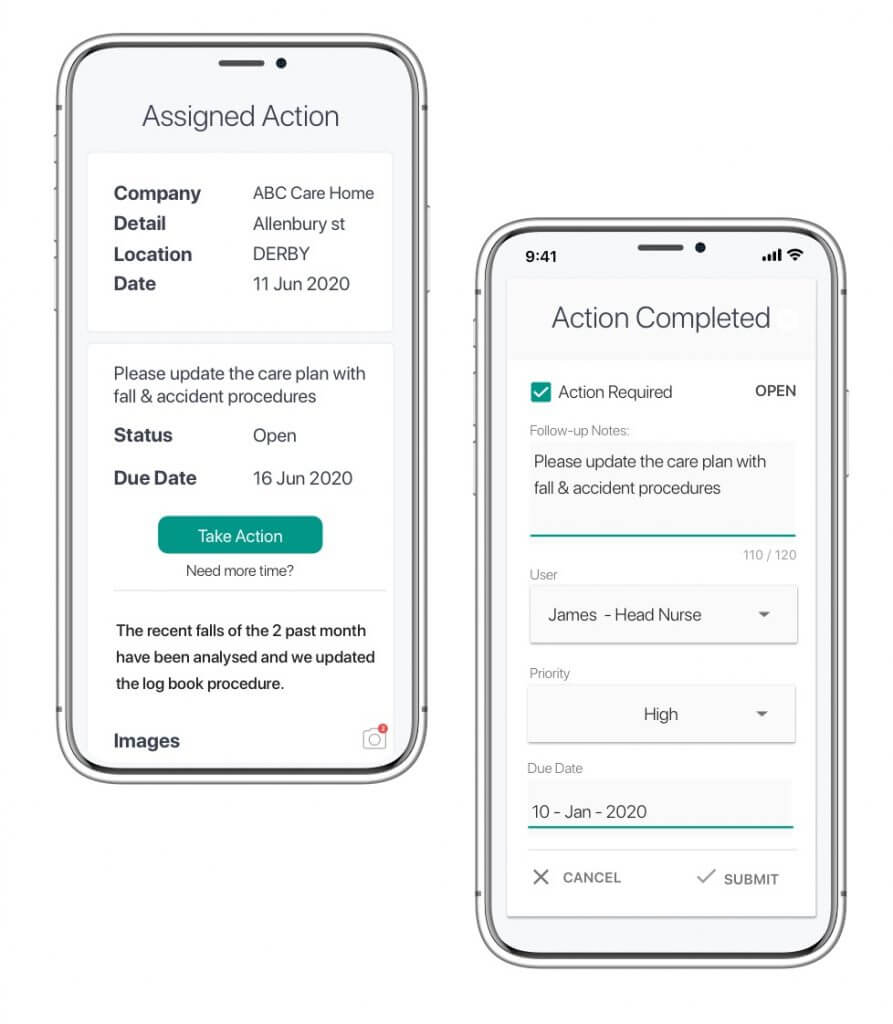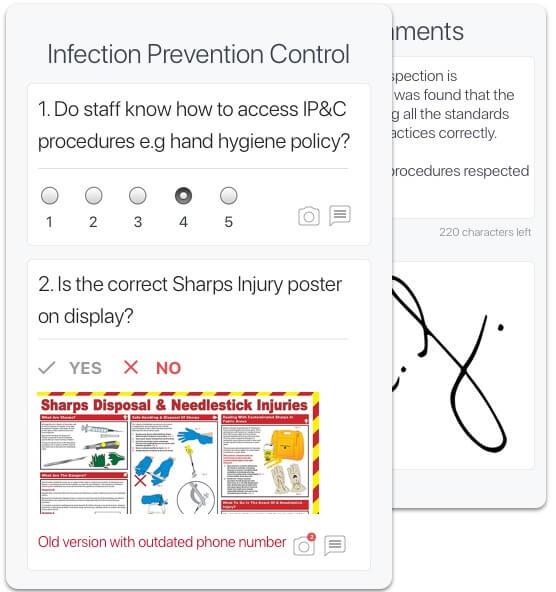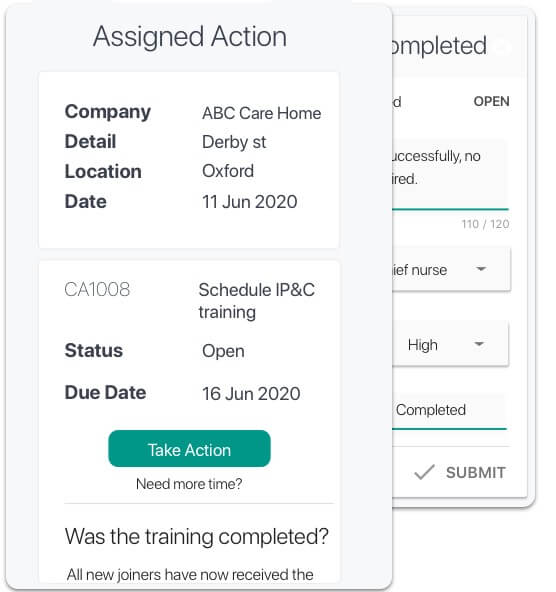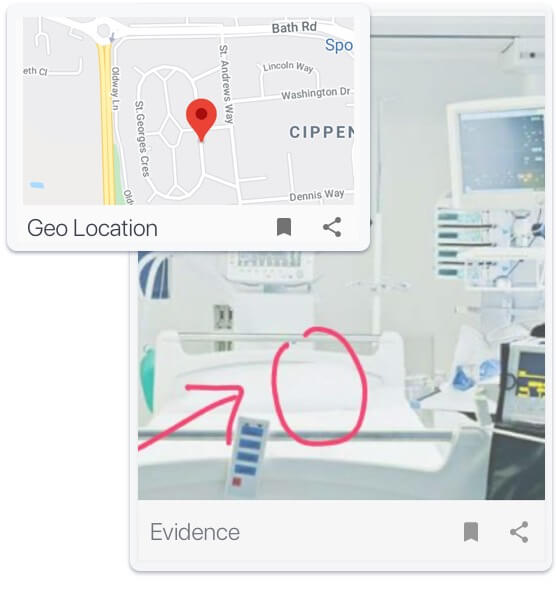Frequently Asked Questions
What are dental audits?
Dental audits are systematic reviews conducted within dental practices to assess the quality and compliance of clinical and administrative processes. They evaluate patient care, clinical documentation, and compliance with regulatory standards. The goal is to ensure that dental practices are meeting established benchmarks. Through dental audits, practices can identify areas for improvement, address inefficiencies, and maintain compliance with health and safety regulations, ensuring better patient outcomes and operational efficiency.
What is dental compliance software?
Dental compliance software is designed to help dental practices streamline their adherence to regulatory and quality standards. It automates various tasks, such as record-keeping, documentation checks, and compliance reporting, reducing the manual burden on dental staff. It ensures that a dental practice stays updated with ever-changing regulations and industry standards, including those related to patient safety, documentation, and other requirements. It minimizes the risk of compliance issues that could result in legal repercussions or financial penalties.
What are the key features and benefits of dental compliance software?
Dental compliance software offers several features that make it essential for modern dental practices:
- Enables access even without internet connectivity, allowing on-the-go updates and checks.
- Provides customizable checklists for audits, quality checks, and compliance activities.
- Facilitates the creation of comprehensive audit and compliance reports.
- Automates routine tasks and assists in identifying gaps and implementing solutions to prevent future issues.
- Allows monitoring of compliance status and access to real-time data.
How to choose the right dental compliance software for your dental practice?
Selecting the right dental compliance software involves considering various factors:
- Understand your dental practice’s specific needs, such as regulatory requirements and the scope of services.
- Choose dental compliance software that fits your budget.
- Ensure that it is easy to use for both clinical and administrative staff.
- Opt for providers that offer strong customer support service.
- Look for dental compliance software with ready-to-use templates for dental audits.
- Ensure that it has robust data protection measures to safeguard patient information.
- Use free trials and demos to test different features before committing.
What devices is the GoAudits dental compliance app compatible with?
GoAudits dental compliance software is compatible with the web, iOS, and Android platforms. The mobile app works offline, and the data syncs automatically once you’re back online.
How often should dental audits be conducted?
Dental in dental practices should be conducted at least once a quarter to ensure ongoing compliance with regulations and internal standards. However, the frequency can vary depending on the practice’s size, complexity, and specific areas of focus. More frequent audits may be needed for areas with higher risks, such as patient safety protocols. Regular dental audits help identify gaps early, enabling practices to address issues before they become significant.









